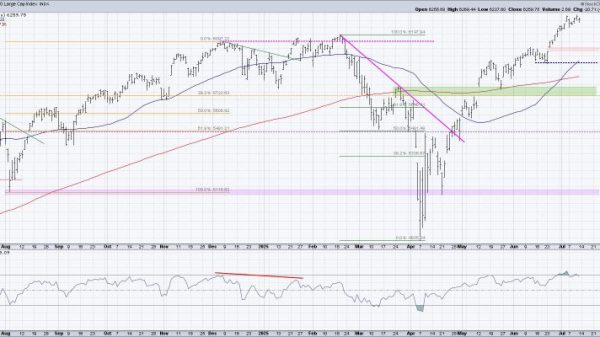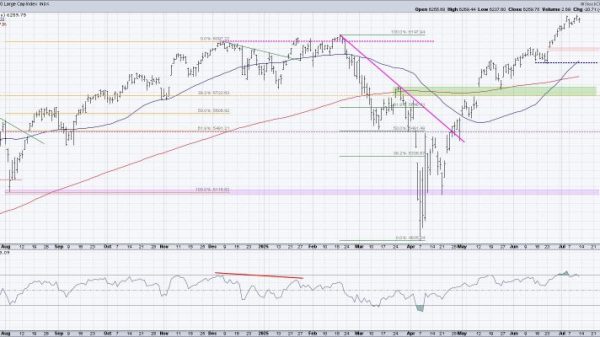Extraordinary global heat continues its streak. Last month, the world endured the hottest April on record, according to new data from Copernicus, the European Union’s climate monitoring service.
It marks 11 consecutive months of unprecedented global temperatures. With that new data point, some scientists warn there is a strong chance 2024 could beat 2023 as the warmest year on record.
Last month was 1.58 degrees Celsius warmer than the average April in the era before industrialization and 0.67 degrees above the average April between 1991 and 2020, Copernicus found.
The impacts have been stark. Swaths of Asia have been grappling with deadly heat: schools were closed for millions of children in Bangladesh, rice fields have shriveled in Vietnam, and people in India battled 110 degree Fahrenheit temperatures to vote in recent elections.
Global ocean heat in April was also record-breaking for the 13th consecutive month. Ocean surface temperatures reached 21.04 degrees, the highest on record for any April, and just a fraction below the overall record set in March, according to Copernicus data.
The impact on marine systems is devastating. A mass coral bleaching event occurred this spring, which scientists said at the time could be the worst on record.
Unprecedented global heat is being driven by the long-term trend of global warming — mainly caused by humans burning fossil fuels — boosted by El Niño, a natural climate pattern that tends to have a warming impact.
El Niño is now weakening, but it’s not surprising the world is still seeing unprecedented heat, said Zeke Hausfather, climate research lead at Stripe and research scientist at Berkeley Earth.
The year after El Niño peaks is usually the warmer one. And while heat records are still being set month after month, the margins at which they are being broken are smaller than they were in 2023.
Hausfather estimates a 66% chance that 2024 will be the hottest year on record, and a 99% chance it will be the second hottest. The current best estimate is it will come in at just above 1.5 degrees above pre-industrial levels, he said.
Countries have agreed to restrict global heating to 1.5 degrees above pre-industrial levels. While this refers to long-term warming over decades, rather than a single month or year, scientists have said these temporary breaches are a clear and alarming signal of accelerating climate change.
What happens in the next few months will help scientists understand if the unexpectedly high temperatures in 2023 were a temporary phenomenon, “or a sign of something new that might drive faster warming than previously anticipated,” Hausfather said.
“If global temperatures fall out of record territory after the next two months, it will be a comforting sign that the climate is behaving a bit more predictably,” he added.
But, he cautioned, even if this happens, the world is still on track for warming of close to 3 degrees, which would bring catastrophic consequences.
While natural climate cycles like El Niño come and go, “increasing concentrations of greenhouse gases will keep pushing the global temperature towards new records,” said Carlo Buontempo, director of Copernicus.

































